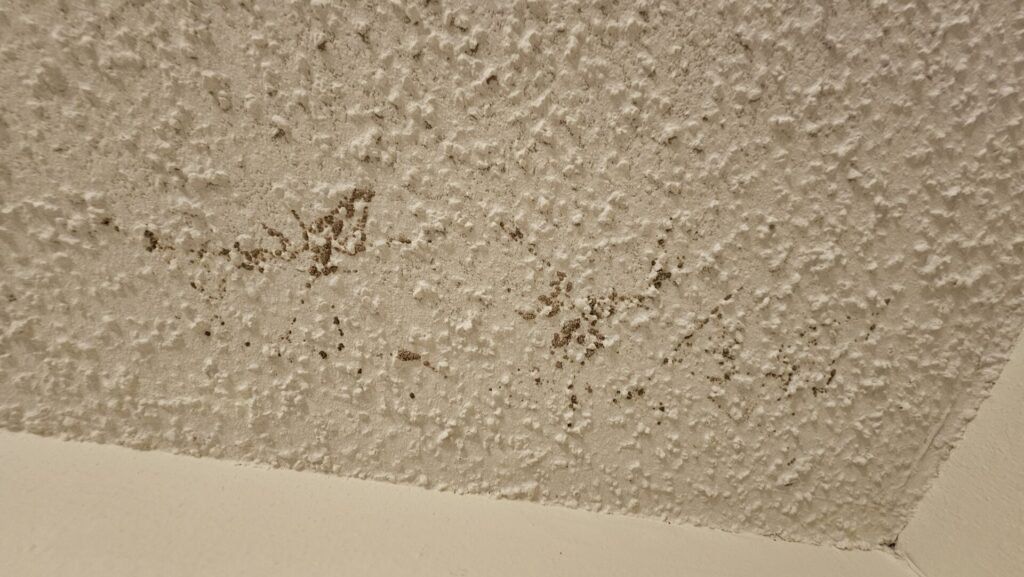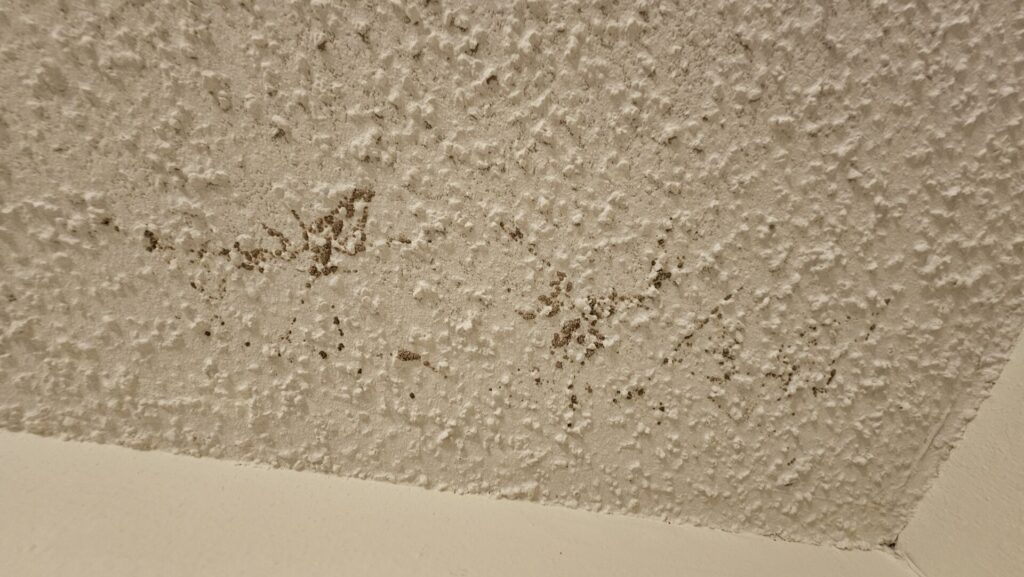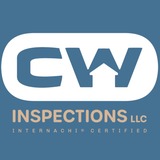Title: Subterranean Termites in Baton Rouge: What Every Homeowner Needs to Know
By Clayton Weeks, Certified Home Inspector
When I inspect homes in Baton Rouge and the surrounding areas, one of the most common — and concerning — issues I encounter is Baton Rouge termites and subterranean termite activity. These pests are more than just a nuisance; they can cause serious structural damage to a home if left untreated.
Termites are often referred to as “silent destroyers” because they may be infesting your home without any immediate signs. They can remain hidden for months or even years, silently causing damage while you go about your daily activities. In Louisiana, where humidity levels are high and wooden structures are prevalent, homeowners should be especially vigilant. The presence of termites can lead to significant repair costs, and understanding how to identify their impact early can save you time and money.
As a home inspector, my job is to spot the signs early and help homeowners understand the risks and next steps. Here’s what you need to know about subterranean termites in our region.
Why Baton Rouge Is a Hotspot for Termites
Understanding Baton Rouge Termites: Types and Risks
In addition to the environmental factors, the construction style of homes in Baton Rouge can also contribute to termite infestations. Many homes have wooden foundations or wooden components that are closer to the ground, making it easier for termites to access and establish colonies. It’s essential for homeowners to consider these factors when building or maintaining their properties.
Baton Rouge’s warm, humid climate makes it an ideal environment for subterranean termites. These termites live in colonies underground and build mud tubes to reach above-ground wood sources, including your home’s foundation, framing, and even furniture.
Because we have high moisture levels and a long growing season, termite colonies thrive here. In fact, Louisiana is considered a high-risk area for termite infestations.
It’s also important to note that there are different types of termites that can affect homes in Baton Rouge, including drywood and dampwood termites. Each type of termite has unique behaviors and preferences, which can influence how you should protect your home. For example, drywood termites can infest any piece of wood that is dry and above ground, while subterranean termites require moisture and typically live in the soil. Understanding these differences can help homeowners take more targeted preventative measures.
Signs of a Termite Problem
During a home inspection, here are the top signs I look for when identifying a possible subterranean termite issue:
- Mud tubes on foundation walls, piers, or crawl spaces — these are highways termites use to travel and protect themselves from the air.
- Soft, hollow-sounding wood — termites eat wood from the inside out, often leaving a paper-thin surface.
- Swarming termites or discarded wings — especially near windowsills or doors. Swarming usually happens in the spring, and it means a colony is active and reproducing.
- Bubbling or peeling paint that can mimic water damage — it may actually be from moisture introduced by termites.

What Termites Can Do to Your Home
Subterranean termites feed on cellulose, the main component in wood. Over time, they can eat away at the structural supports of your home — including floor joists, beams, and wall studs. Left untreated, termite damage can become extensive and expensive, sometimes costing thousands in repairs.
During inspections, I’ve seen homes where termites had eaten through baseboards, subfloors, and even door frames. The damage can be hidden, which is why regular inspections are so important.
The consequences of termite damage can go beyond just structural issues. In many cases, termites can also affect the resale value of a home. Potential buyers may be deterred by signs of previous infestations, even if the issue has been resolved. Therefore, maintaining a termite-free home is not just a matter of safety but also a financial consideration.
Prevention Tips for Homeowners
One effective way to prevent termite infestations is through the installation of physical barriers during construction. Steel mesh and concrete foundations can help deter termites from entering the home. If you’re considering building or renovating, integrating these elements can be a proactive approach to safeguarding your investment.
As a home inspector, I believe prevention is always better than repair. Here are a few simple ways you can reduce your risk of infestation:
- Keep wood and mulch away from your foundation.
- Ensure proper drainage around your home to avoid excess moisture.
- Fix leaky faucets, pipes, or AC units that can create damp areas.
- Seal cracks in your foundation and around utility lines.
- Schedule annual termite inspections, especially if your home has a history of infestation.
What to Do if You Suspect Termites
If I spot signs of termites during a home inspection, I always recommend a follow-up with a licensed pest control professional. While I can identify the presence of termite activity, a pest expert can confirm the extent of the infestation and offer treatment options.
Final Thoughts
Subterranean termites are a serious concern for homeowners in Baton Rouge — but with early detection and preventative maintenance, they don’t have to be a nightmare. Whether you’re buying a new home, selling, or just want peace of mind, a thorough home inspection can be your first line of defense.
If you’re in the Baton Rouge area and need a home inspection that includes a termite evaluation, feel free to contact me. I’m here to help you protect your home, your investment, and your peace of mind.

Additionally, staying informed about new pest control technologies and treatments is crucial for homeowners. Advances in eco-friendly treatments and monitoring systems can provide new ways to combat termite infestations without relying solely on traditional chemical treatments.
Lastly, it’s important for homeowners to establish a good relationship with a pest control professional. Regular communication and scheduled inspections can help ensure that your home remains protected from termites and other pests. Consider joining a local homeowner association or community group focused on pest management to share experiences and recommendations with other homeowners.
Clayton Weeks
C.W. Inspections, LLC
225-803-8821
ClaytonWeeksInspections.com
